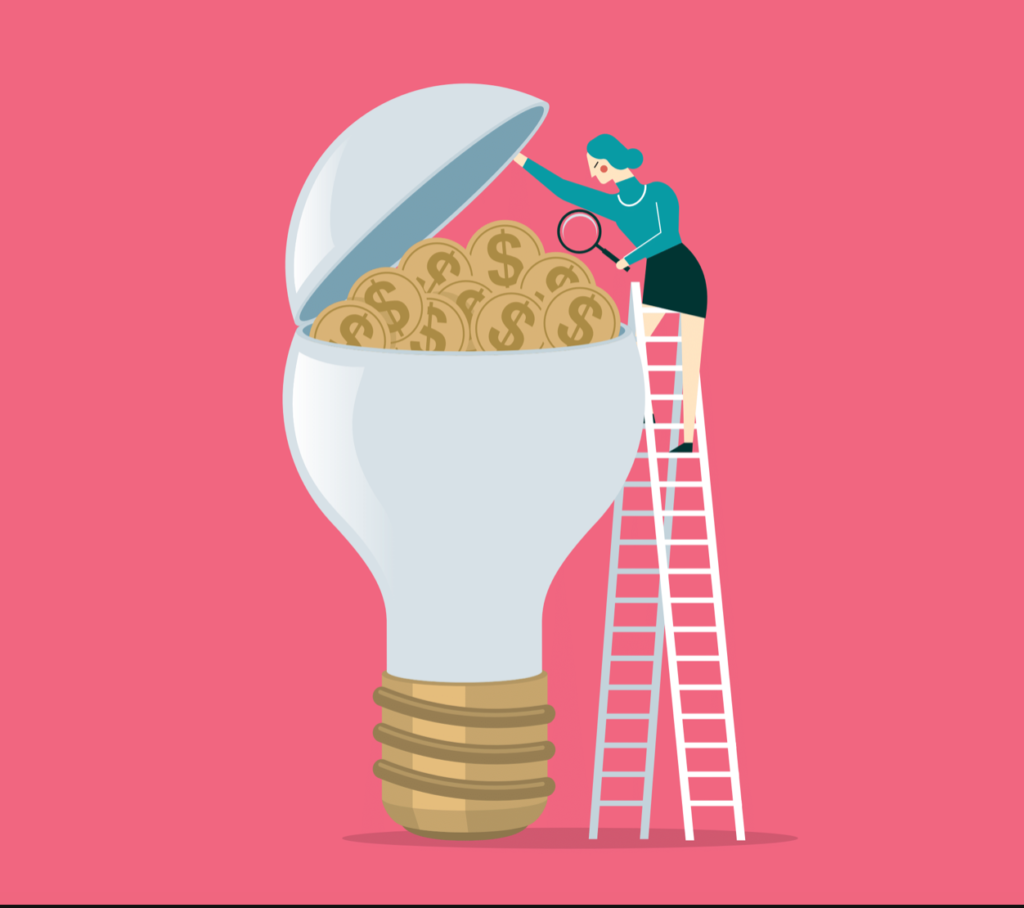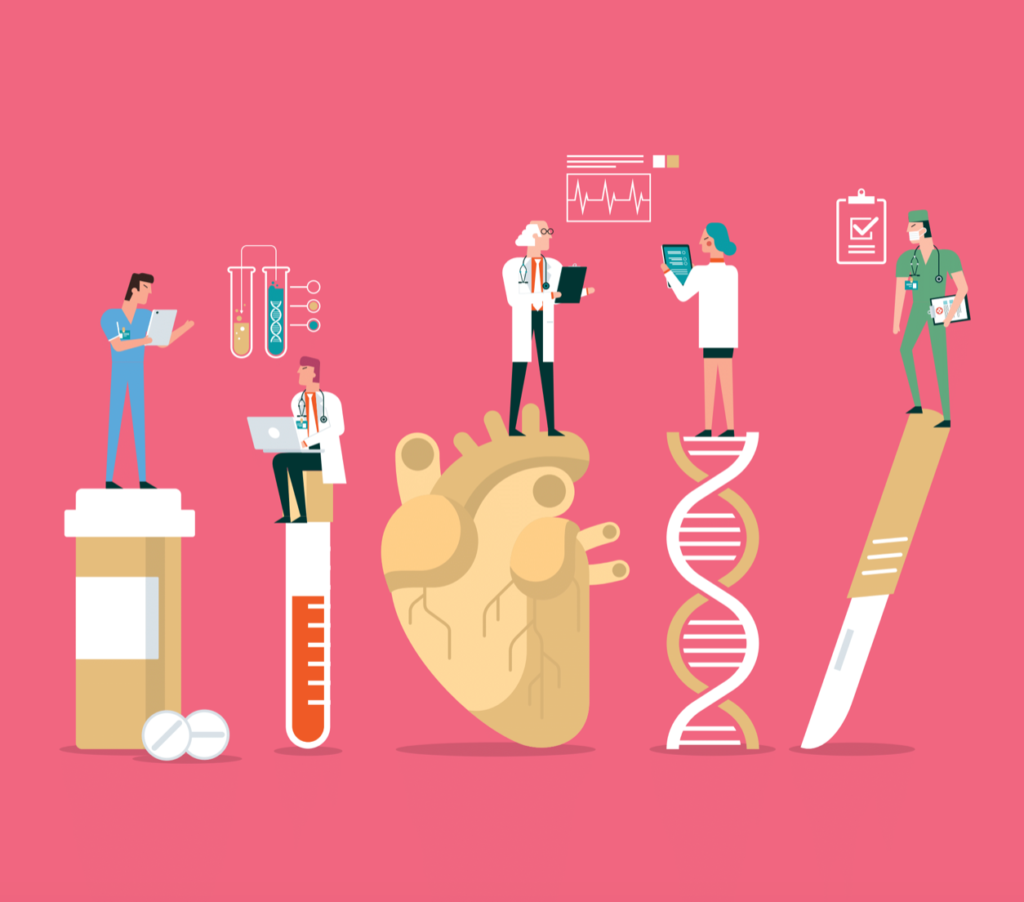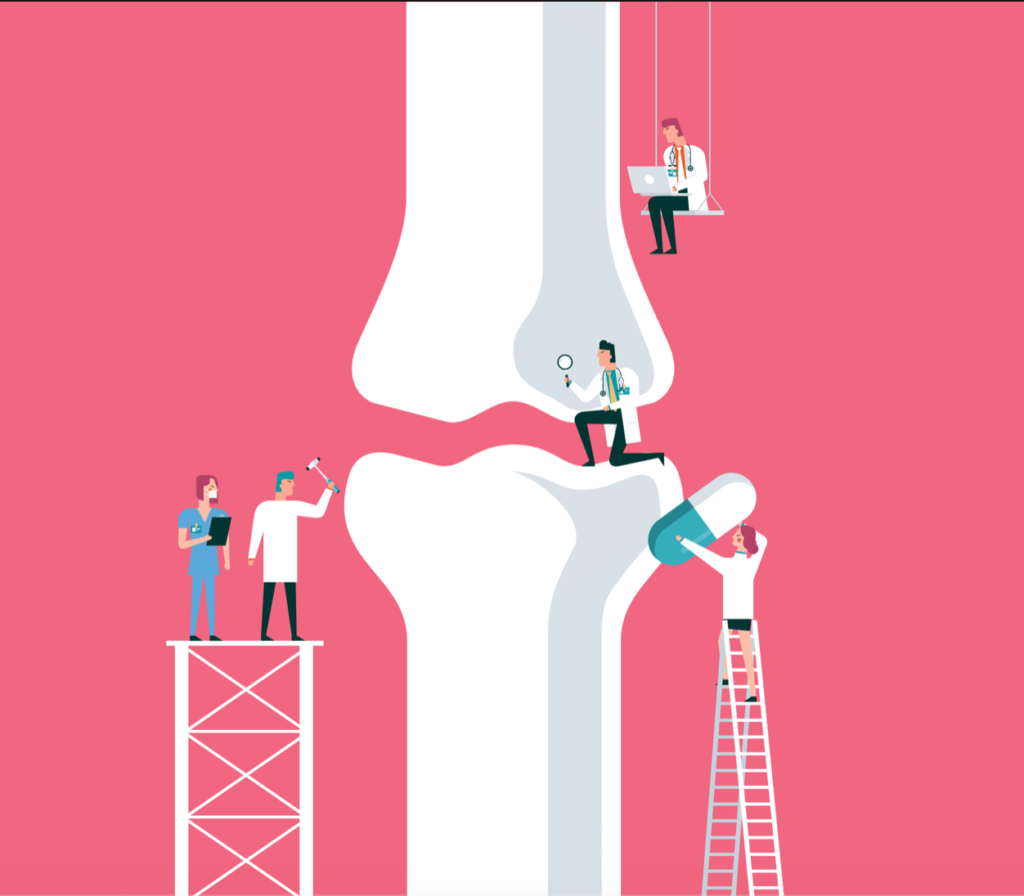
Wellness isn’t just a state of being, it’s an industry. But for all the gizmos and quick-fix programs onthe market, are we really better off? After some health troubles, George Hahn learned to cut through the noise and get back to basics.
We all want to be better—be that how we look, feel, act, work, or live. Smart entrepreneurs saw the open lane on this highway and designed, packaged, and sold ideas, products, and programs for this unyielding quest for “better” in all its forms. This now-crowded road to being thinner, fitter, hotter, younger, richer, more successful, more productive, and happier
is the multi-billion-dollar industry dedicated to “wellness.”
If we all felt confident and good about ourselves, there would be no wellness industry. But, alas, our evergreen dissatisfaction with who we are, where we are, how we feel, and what we look like can never be underestimated. In fact, one could argue that the unicorns among us who have healthy self-esteem can, by contrast, seem a little full of themselves, intimidating, or even suspicious.
I would love to see a chart with definitive data comparing what people expended on wellness with their overall happiness and well-being today. Consider all the time and money spent on the books, podcasts, videos, classes, serums, sessions, oils, supplements, psychedelics, retreats, crystals, and candles. What was the ROI? Was it time and money well spent? Did any of it work?
People have long sought easier solutions to the elements of the human condition that cause us dis-ease. The idea of paying money for a product or service that promises or proposes relief or fulfillment is extremely appealing. And if we can do this quickly and with minimal effort? Fabulous. We go to impressive lengths to fast-track the results of time-tested processes that we’d just rather not do or deal with. And we want it now—at least I do. It brings to mind one of Carrie Fisher’s most inspired lines of dialogue in Postcards from the Edge: “Immediate gratification takes too long.”
“I was willing to go to just about any length to feel better. I tried cold-water immersion, deep breathing, therapy, antidepressants, beta-blockers, very low-impact exercise (any exertion gave me heart palpitations), mindful meditation, and a lot of crying.”
George Hahn
In late 2021, I started to experience what I now know were symptoms of long Covid. They came in the form of panic attacks, heart palpitations, shortness of breath, and random bouts of anxious nervousness that left me dizzy. I was terrified that I was experiencing the same cardiovascular breakdown that killed my father when he was my age, and I thought I was going to die. But EKGs, stress tests, blood work, and all manner of physical exams showed that I was fine. When I shared the timeline of my experiences with a doctor at Mount Sinai’s Center for Post-Covid Care, she just nodded as if she’d heard my story a hundred times before, telling me they were seeing this all over the place with patients who’d had Covid. She also told me there was nothing to do but just ride it out.

Very frightened and desperate, I was willing to go to just about any length to feel better. I tried cold-water immersion, deep breathing, therapy, antidepressants, beta-blockers, very low-impact exercise (any exertion gave me heart palpitations), mindful meditation, and a lot of crying. It was a long haul. Then, one day, the clouds started to break, giving way to a little sunlight, and I started to feel… better. It took nearly a year.
Long Covid wasn’t my first frightening challenge with my own personal wellness. Over two decades ago, I got sober. It was hard. A few years ago, I quit smoking. That was really hard. Both were addictions that put my health in jeopardy and my life in danger, and the recovery from each entailed a lot of work. If there were a pill I could have taken, I would have taken it. But there’s no such pill. And even if there were, it would just be a Band-Aid that ignored the real issues for which the drinking and smoking were merely symptoms. If my own experience is to be trusted, it seems there are no shortcuts to meaningful and necessary changes for my own wellness.
Resolutions are tricky. We’ve all heard the anecdotes about the annual spike in gym attendance after the holidays, soon followed by the reciprocal drop. This past January, a friend who struggles with food and alcohol told me he was starting the new year by quitting drinking, hitting the gym, and going vegan. Within a month, he was back to his old habits. Setting the bar too high with unreasonable expectations can really kick us in the ass.

This is not to discount the value of legitimate wellness services where and when they are needed. Life is full of pain, whether from physical ailment, emotional trauma, or grief from loss—it’s part of the human experience. The expert care of wellness professionals can make a profound difference in our recovery, comfort, and well-being, enabling us to get on with our lives more effectively.
Ultimately, my takeaway from my own pursuit of wellness was that the fix was, for the most part, an inside job. The healing didn’t come from exotic treatments, exclusive retreats, or expensive gurus. Much of it seemed nearly identical to what I learned as a kid: eat right, exercise, get plenty of sleep, relax, breathe, be still, don’t take life (or yourself) too seriously, take time out for yourself, stay connected, spend time with family and friends, and help others. It’s not always easy, but it’s not very complicated, either. And while it doesn’t fix everything, it sure fixes a lot.

